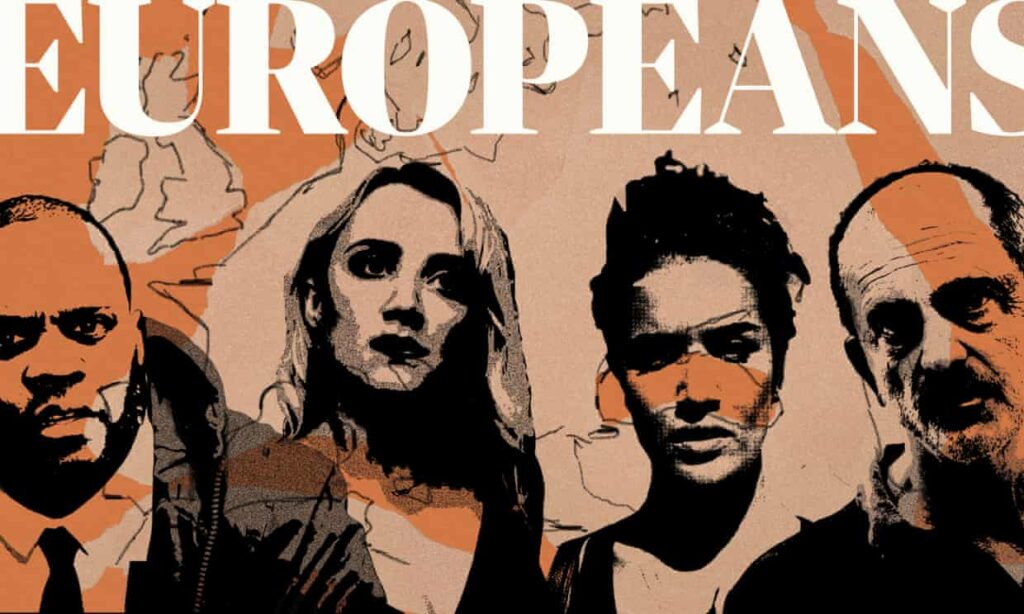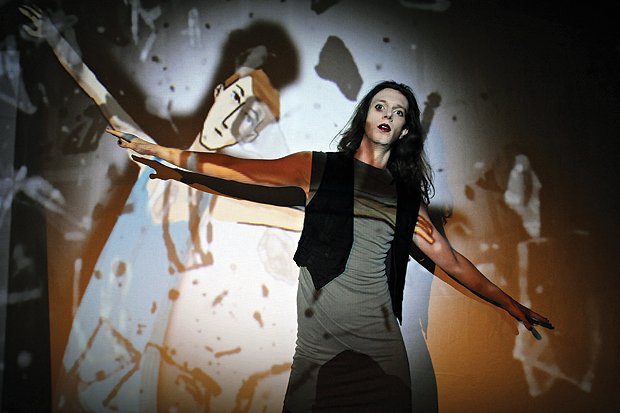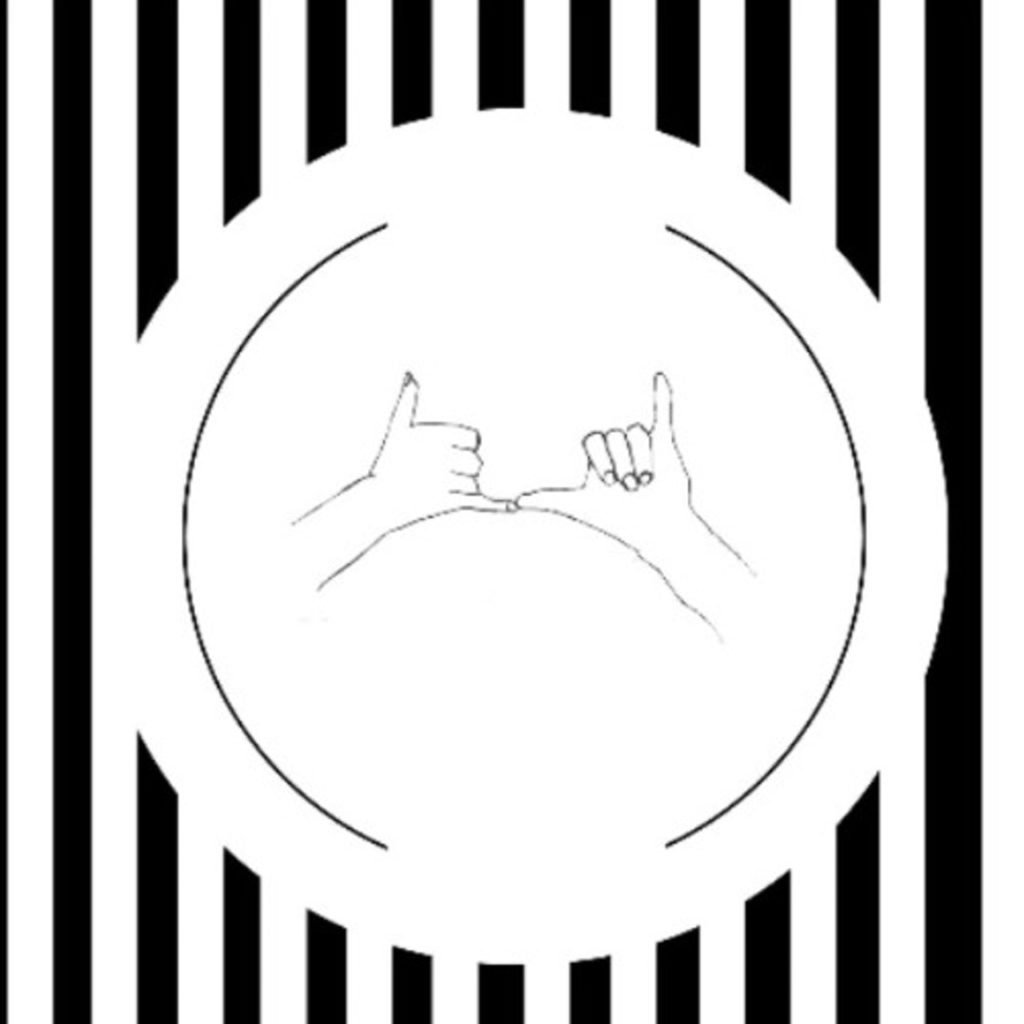 (5 / 5)
(5 / 5)
Who would have ever thought that Samuel Beckett and Madonna would ever be thrown together in a play?
No one, till now.
Godot is a Woman, by Silent Faces, is nothing short of a masterpiece. If, like me (and Silent Faces), you are a huge fan of Samuel Beckett, particularly his play “Waiting For Godot”, and a liberal feminist, then the title alone is enough to tickle your fancy.
I try not to read too much about a production or a company before I see a show. I like to be thrown in the deep end and figure it out for myself. No presumptions or expectations. And am I glad I did for this one.
We meet 3 performers who want to put on Waiting For Godot. They reflect the original play by waiting for the Beckett Foundation to answer their call for the rights. As time goes by, the 3 battle with the reasonings on why they would be refused, a lot stemming from past beliefs in society, and hugely and predominantly focused on gender politics.
There’s an element of people who have a love/hate relationship with someone. Beckett, while a brilliant writer, specified that Waiting For Godot could not be played by females or anyone other than male, to loosely include non-binary people; I say loosely as this was never specified, in the terms of “Only a male can play these roles” way. This is thrown out in the open and discussed through performance – and it makes you feel something not necessarily easy about your own love for the play and playwright but in a good way, because it is important to address.
Silent Faces evoke the pauses, the silence, the staccato word play of Beckett when working through these thoughts. They bring in hilarious and highly hammed up characters in a pretend court room to highlight different facts and fables from both sides of the argument which in itself highlights the ridiculous nature of even having to argue gender for a play about self discovery.
They bring in elements that bring the whole play into the 21st century – instead of waiting for a person, they wait by a telephone that has a recorded message while they wait alerting them to the website. They bring in almost Brechtian elements, surprising us with dancing and music, such as Madonna, that would never have been seen in the style of Beckett. They give us a brief history of feminism and gender equality through music, dance and summaries of important elements from selected years e.g. Harvey Weinstein and the Me Too movement, androgynous celebrities and so on. And most importantly, highlights are brought onto Non-Binary persons. A exploration of the Beckett foundation’s elimination of anyone not male playing these faithful parts, including those who do not identify as either male or female and whether this is a sign of the times or something more. Again, we are thrown into history, learning something new about gender politics and how non-binary has been in lots of different cultures for thousands of years and that changing in times is not an excuse.
Godot is a Woman is hilarious, insightful, polished, educational and a brilliant production. While you feel a little uneasy as a Beckett fan, the fact it makes you question society and whether his approach would have changed makes it all the more interesting, making you further question the world we are in and the arts sector.
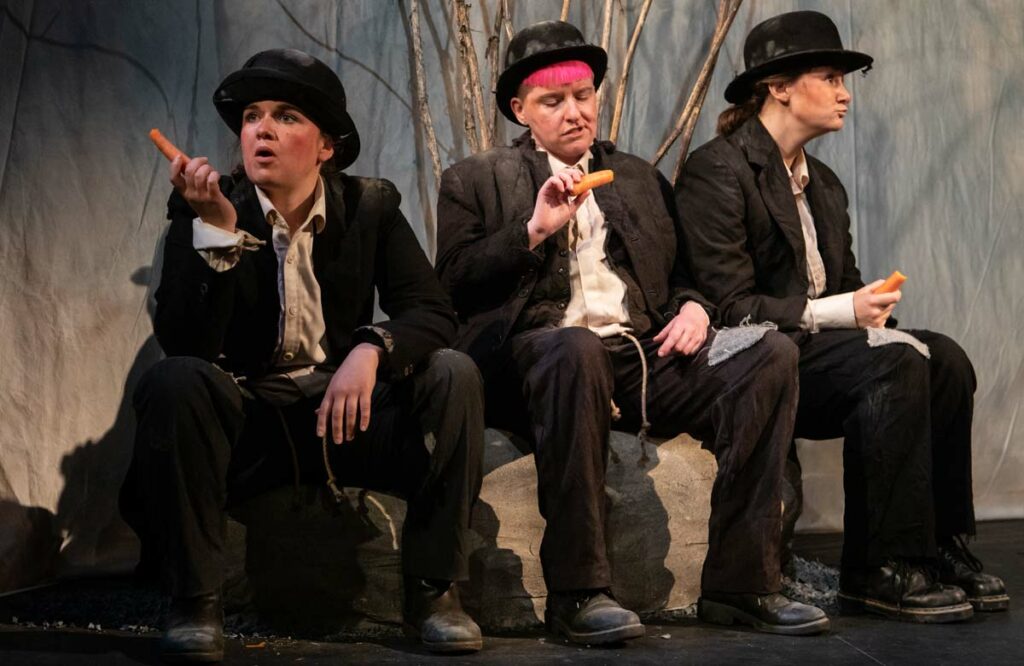

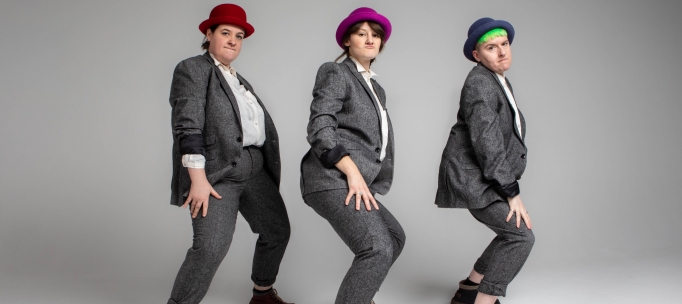
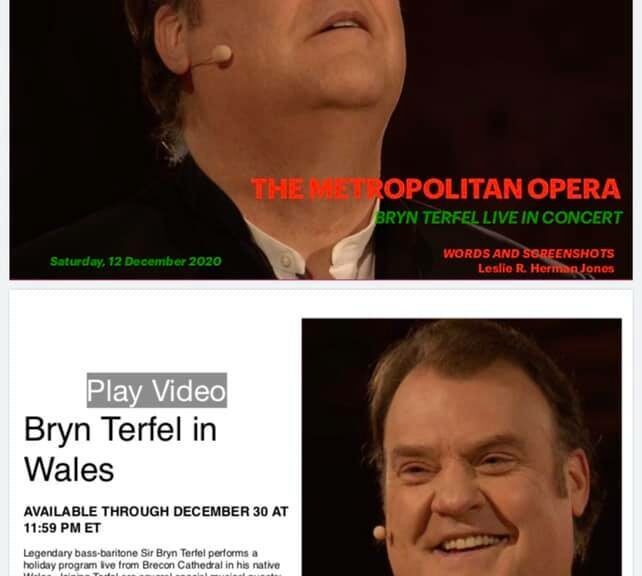
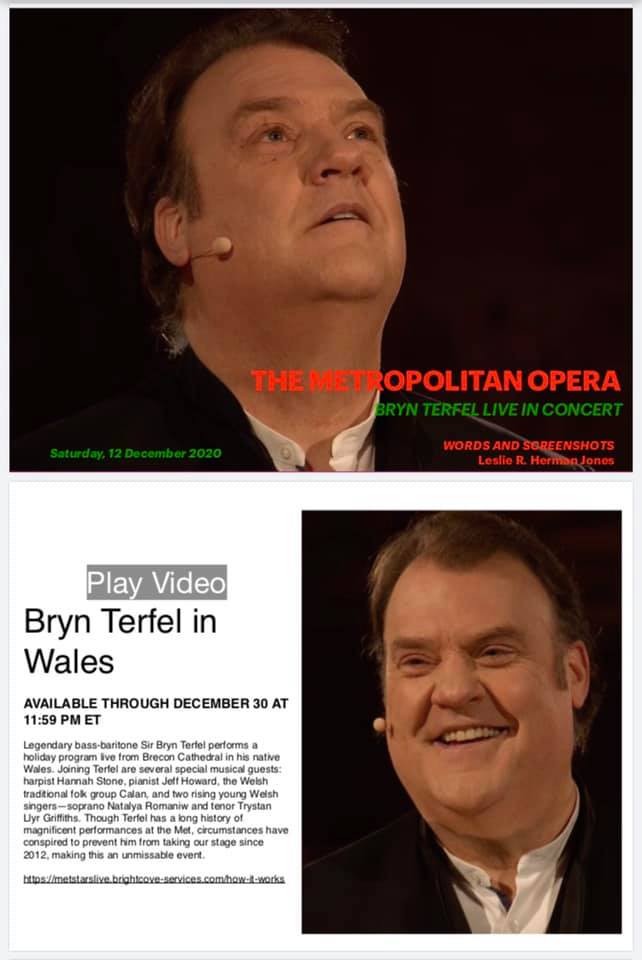
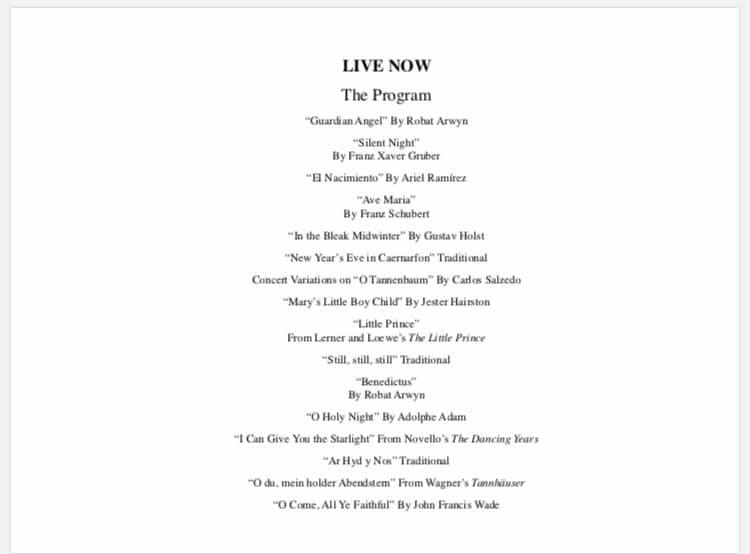
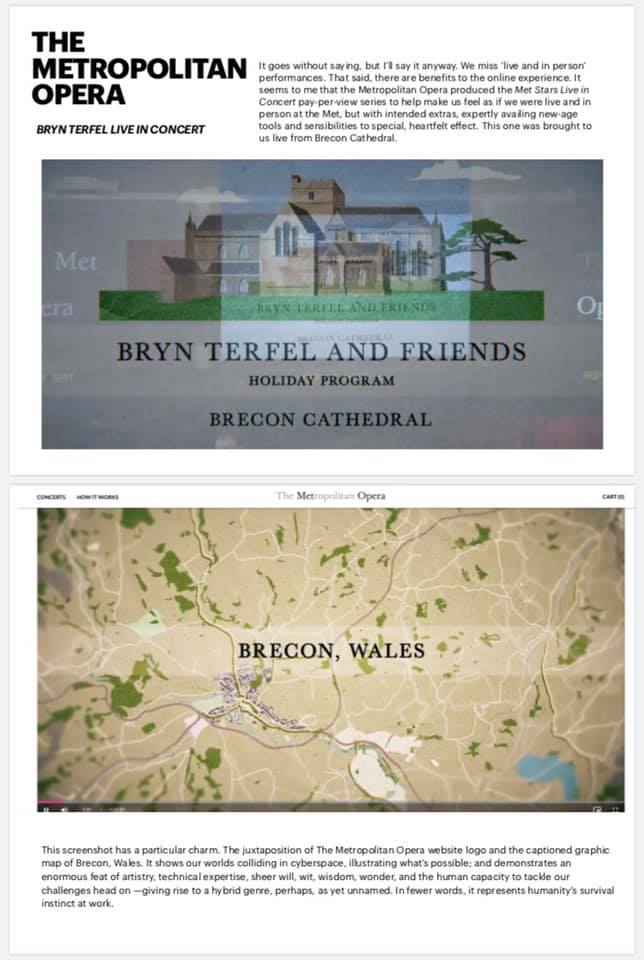
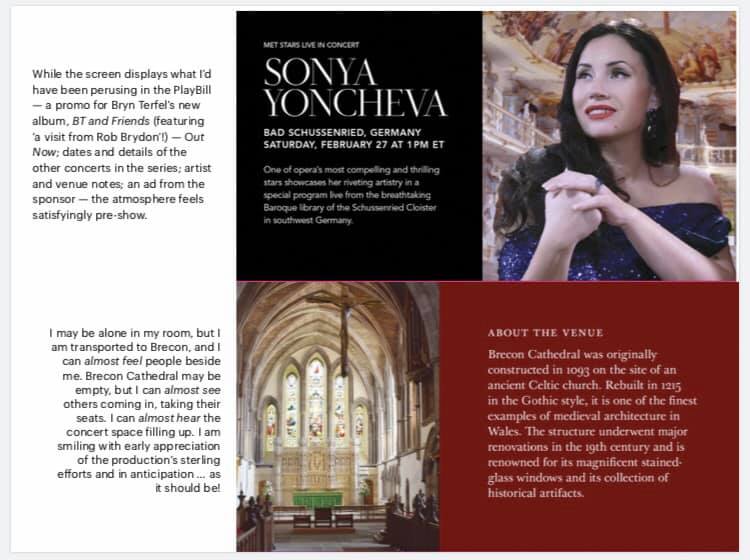
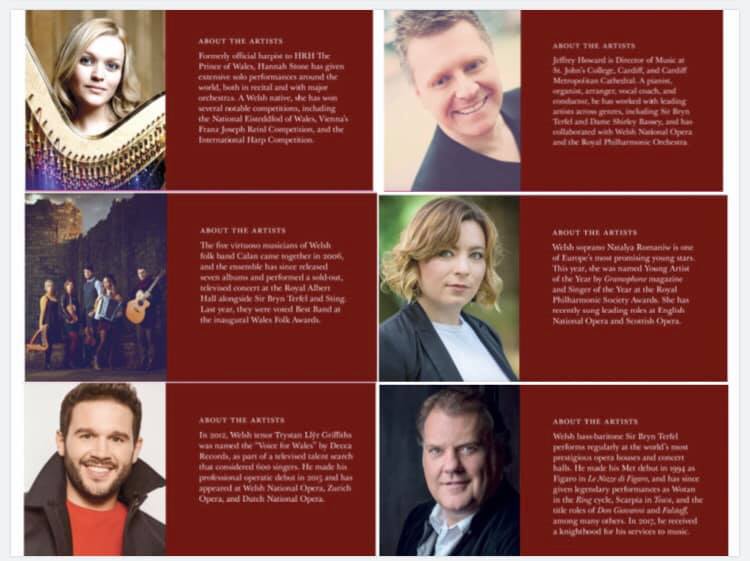
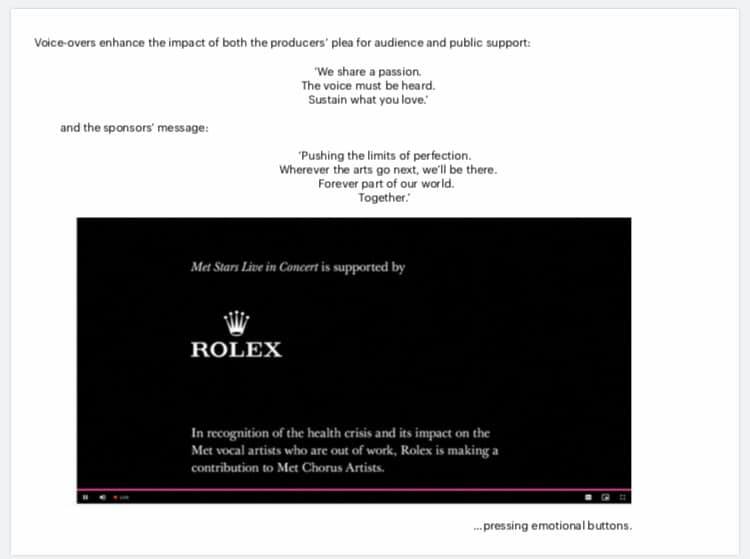
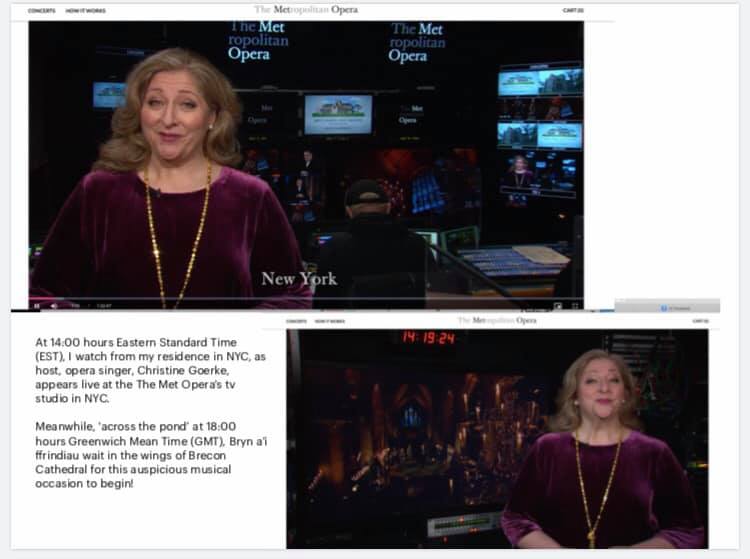
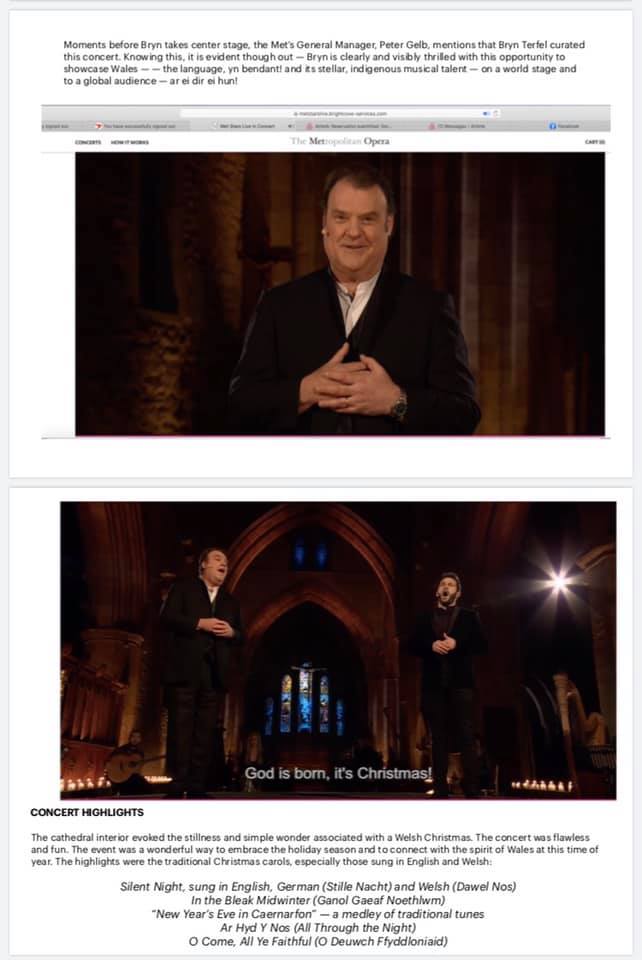
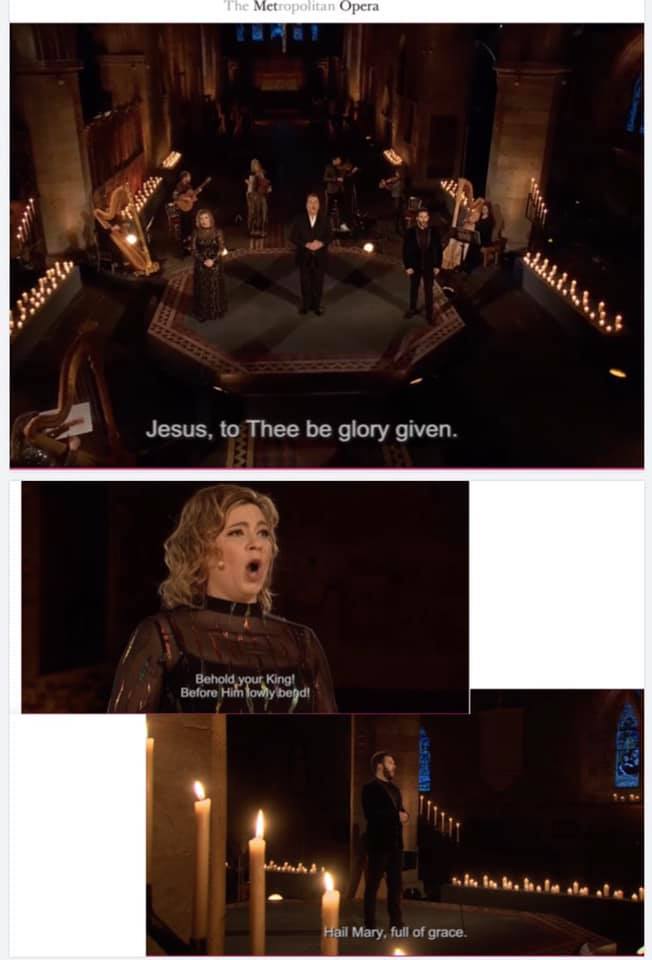
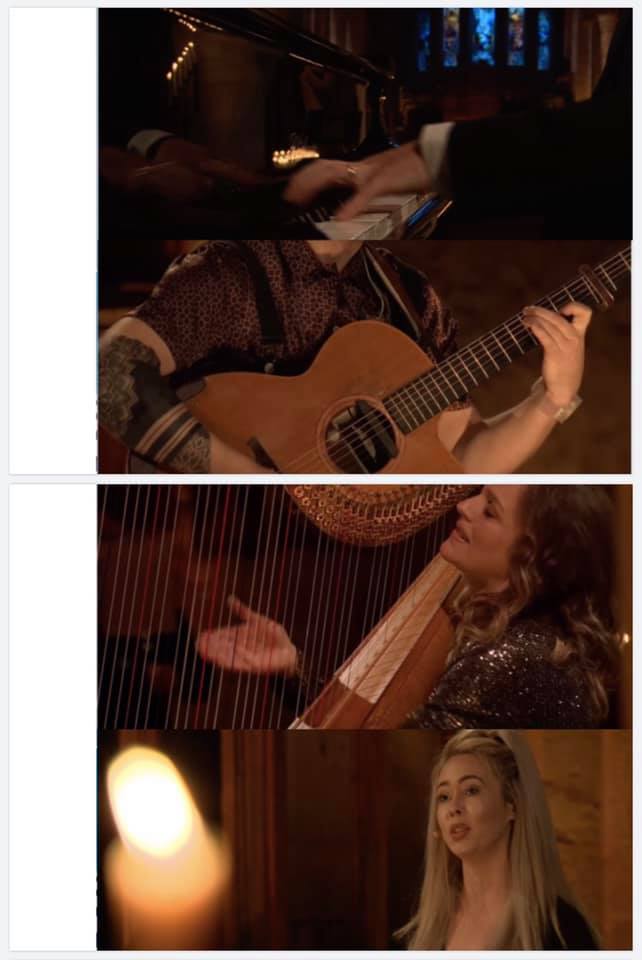
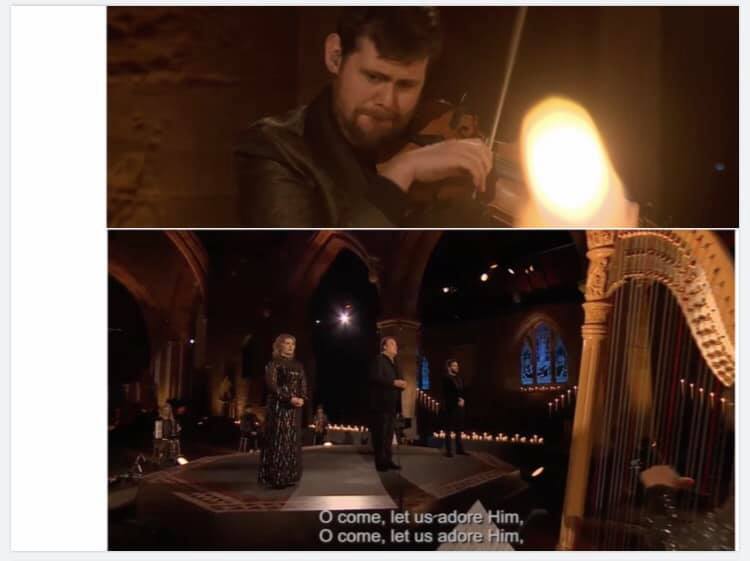
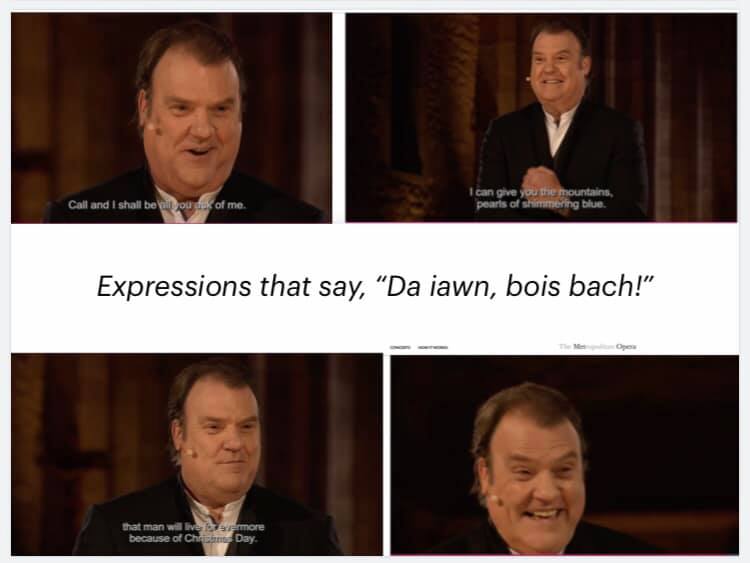
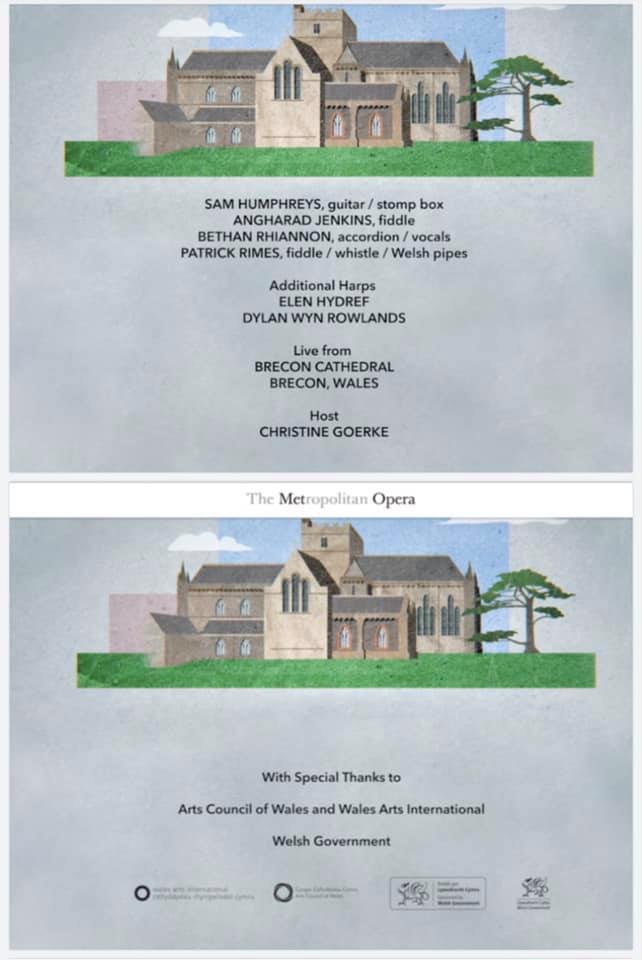
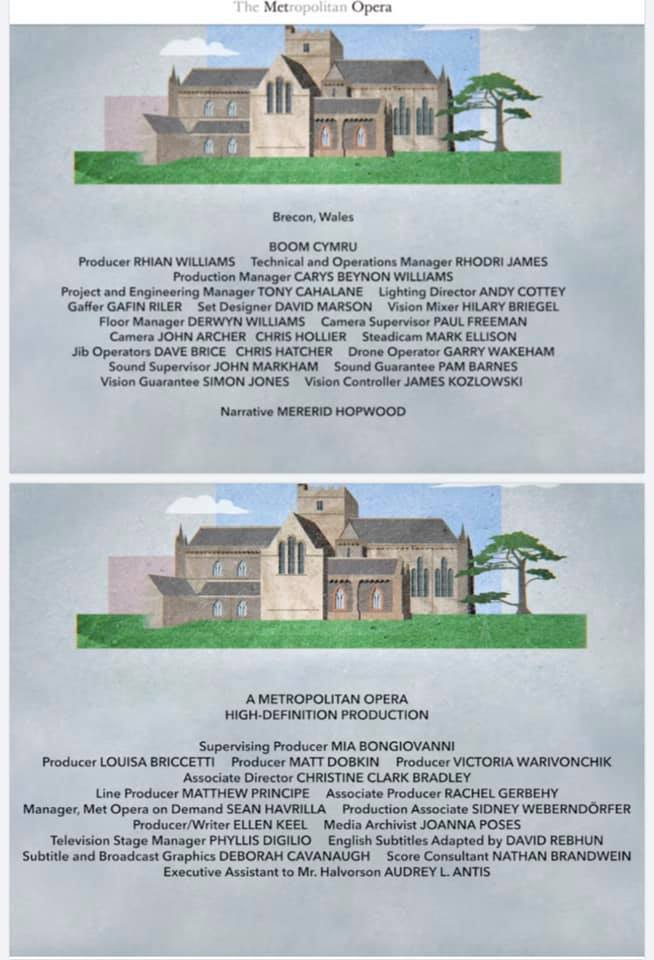
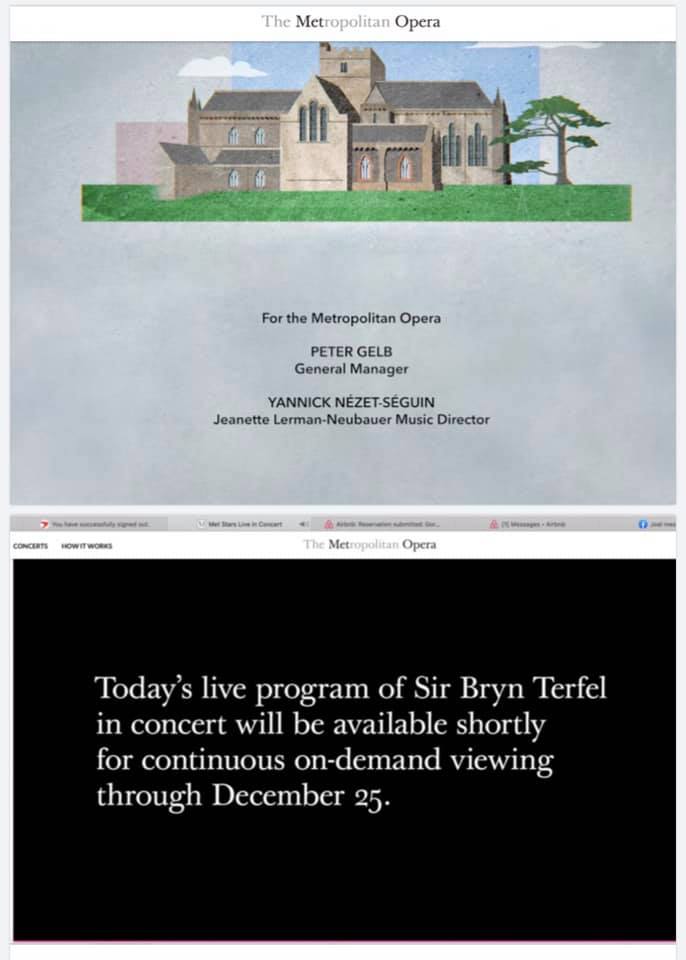
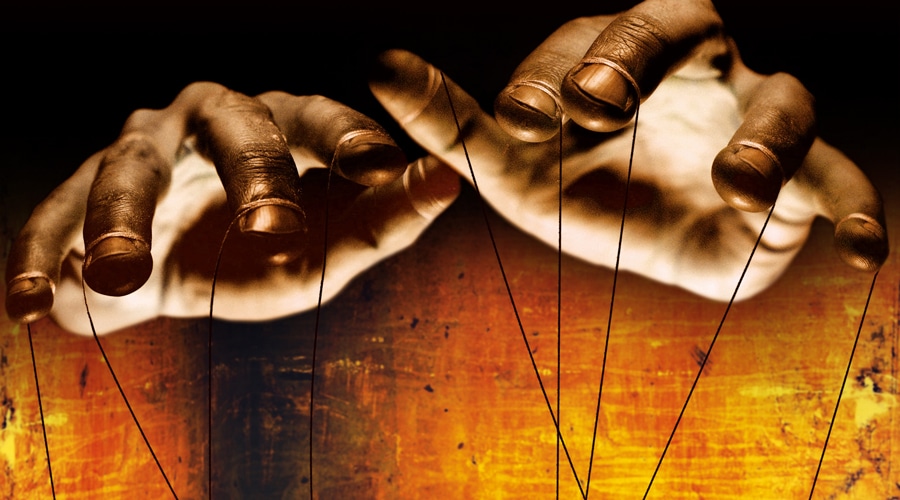
 (4 / 5)
(4 / 5)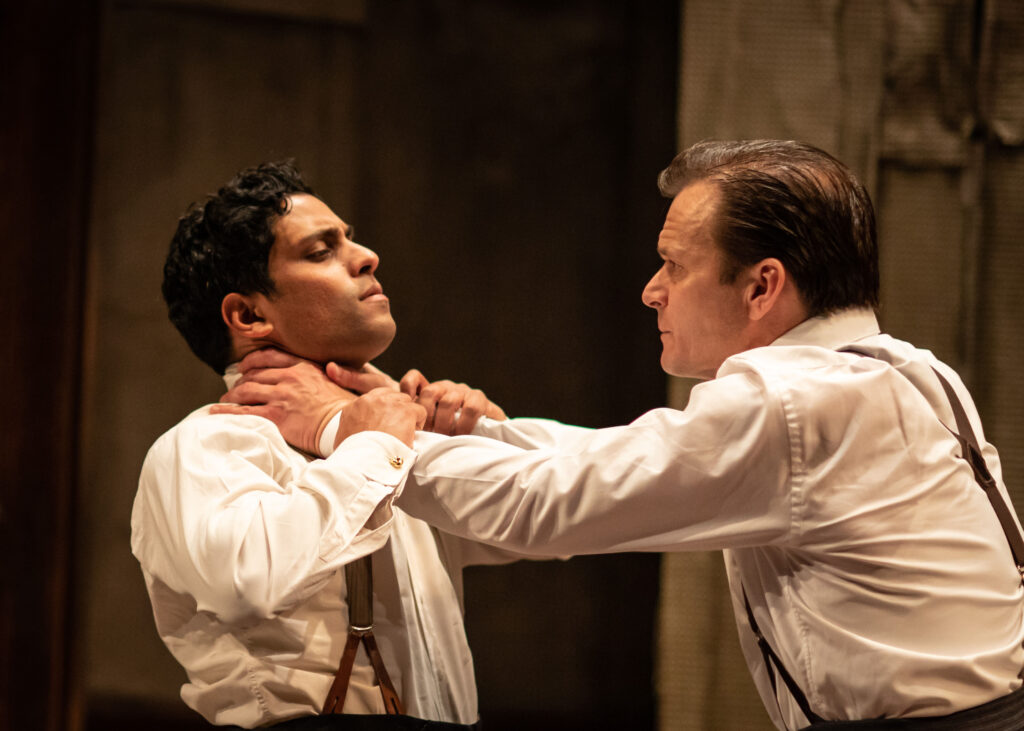
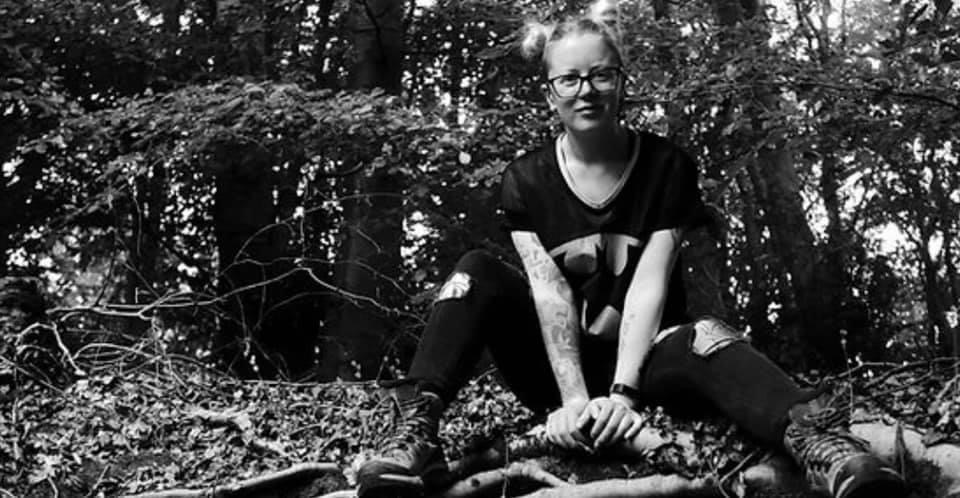
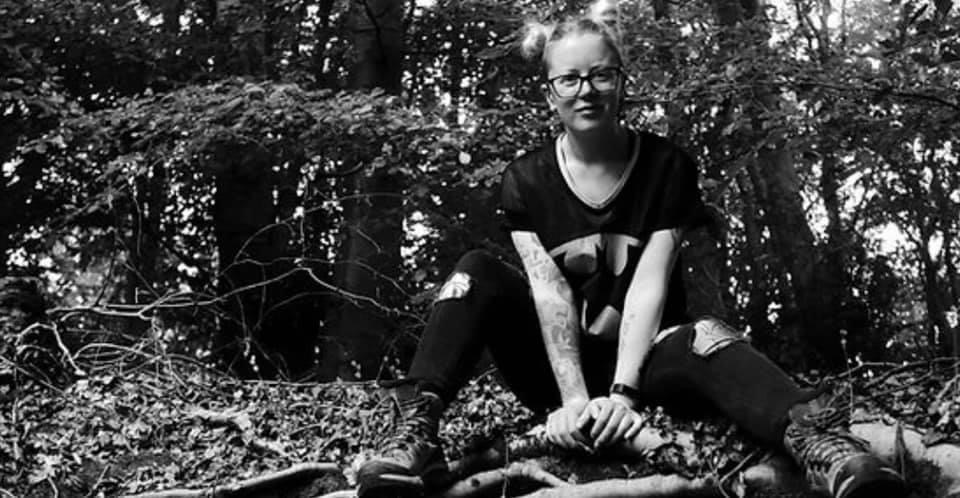
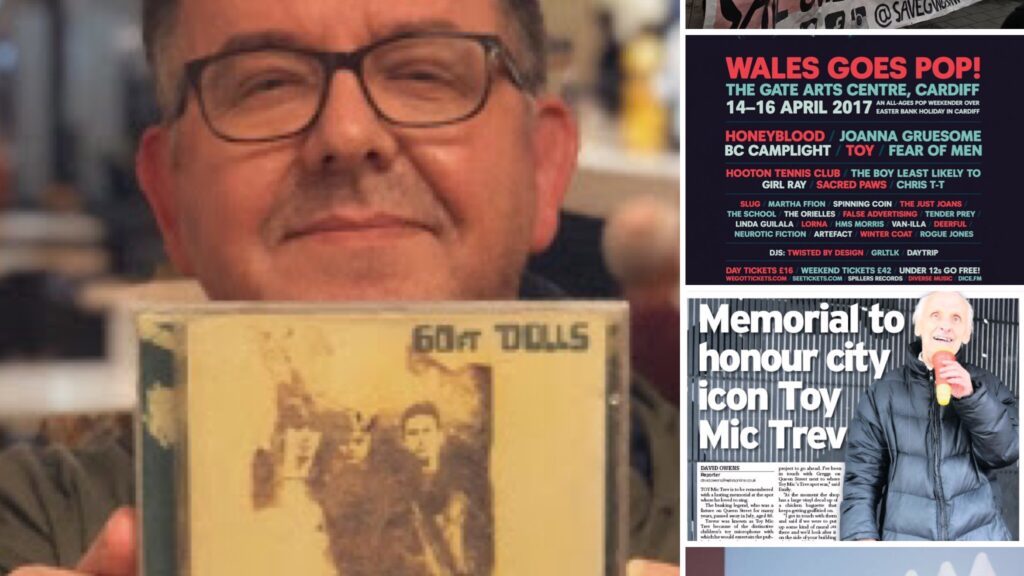


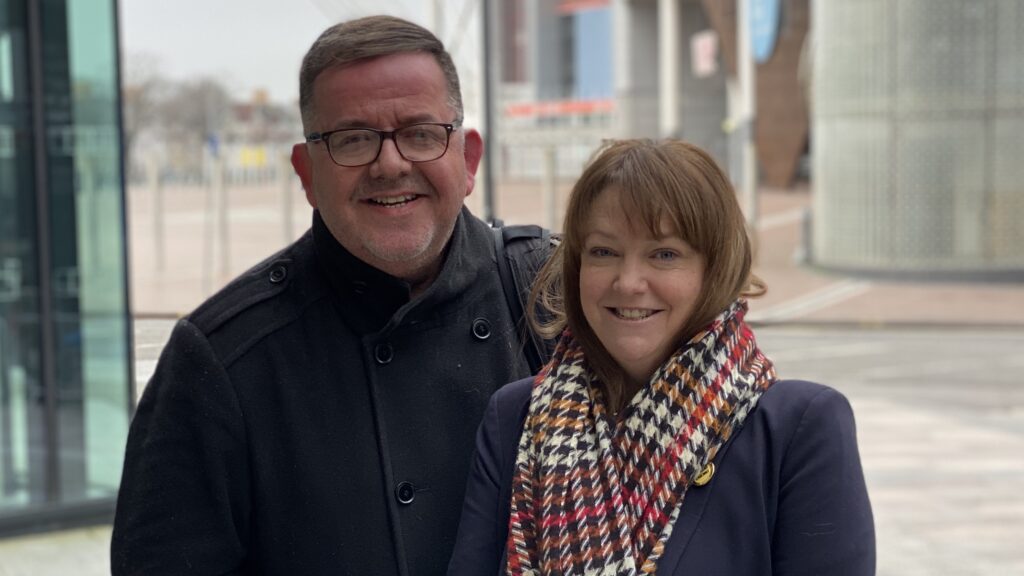

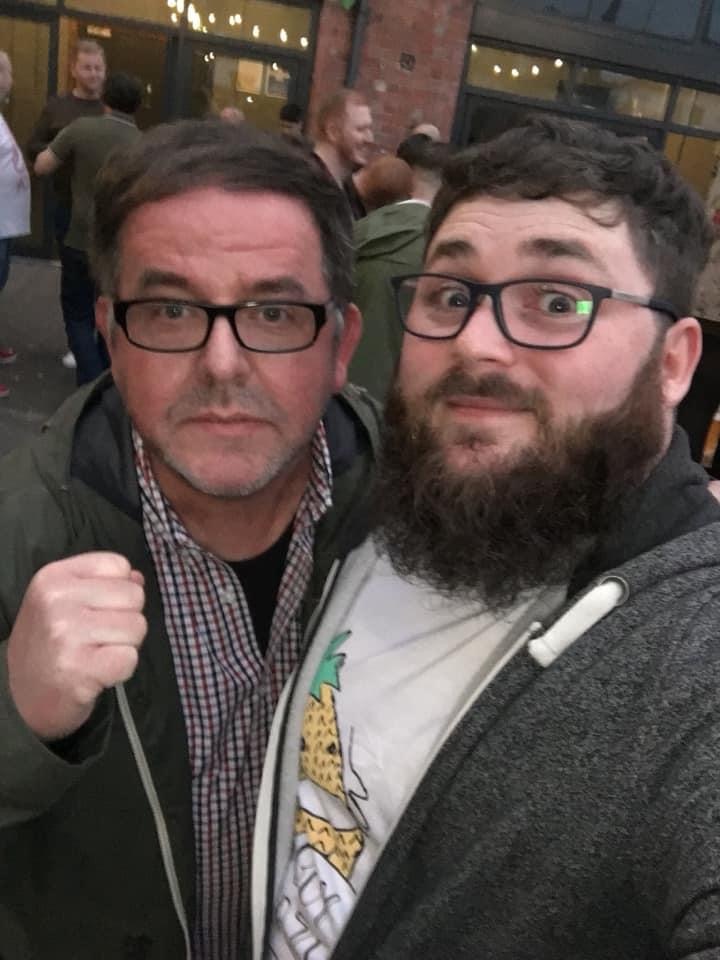
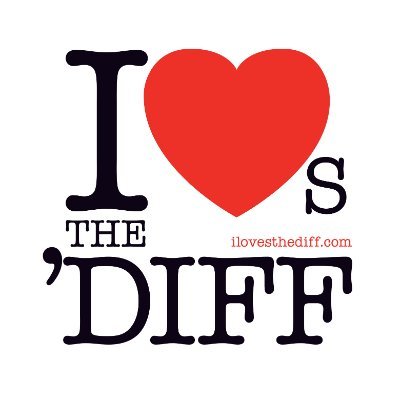
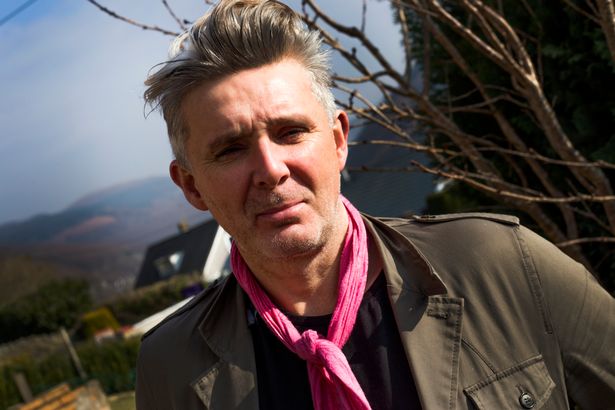
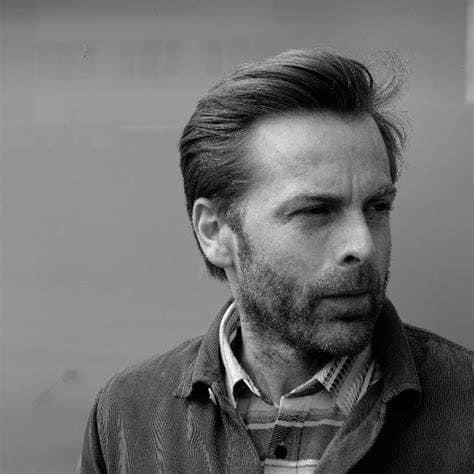

 (3 / 5)
(3 / 5)